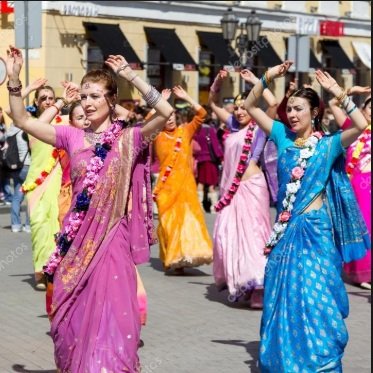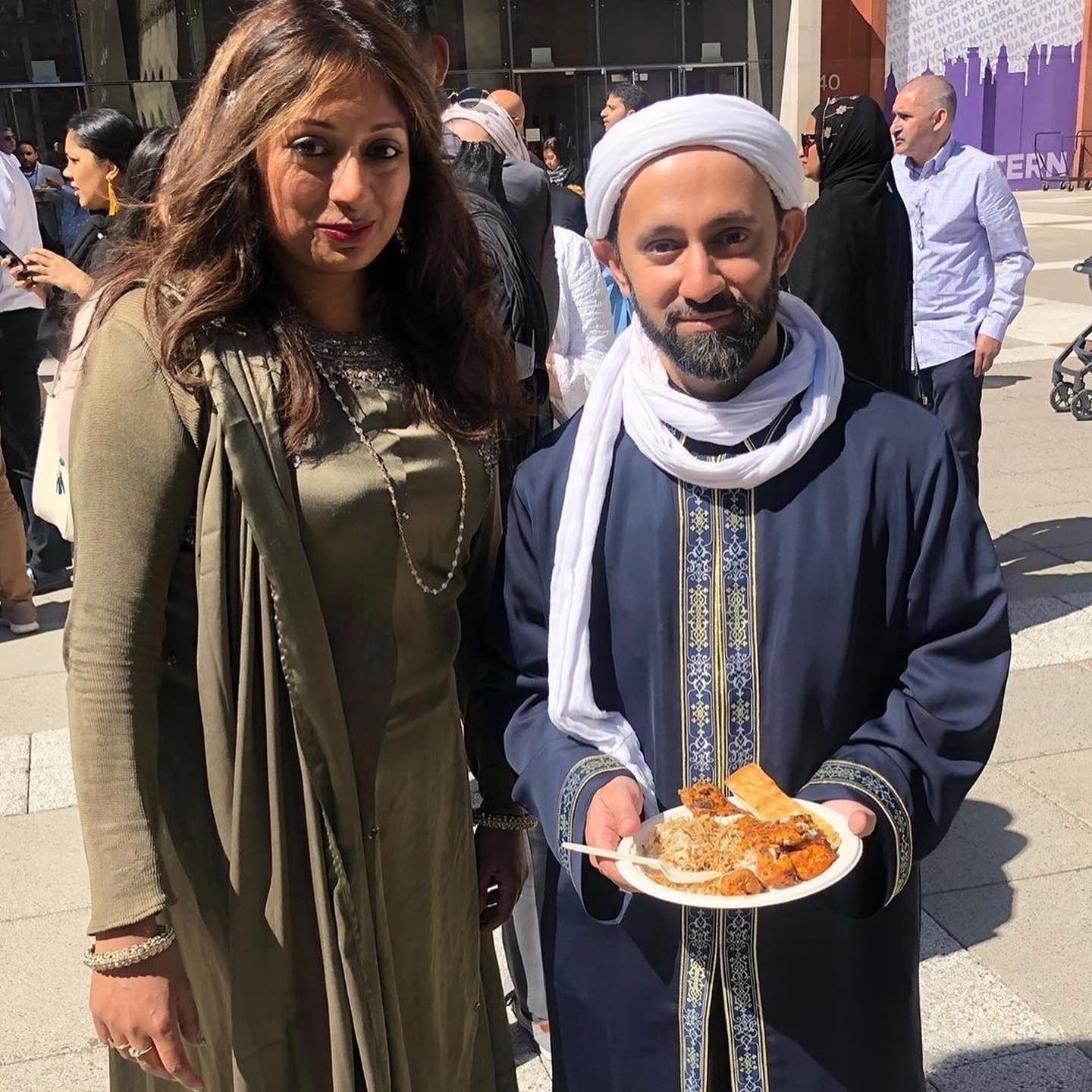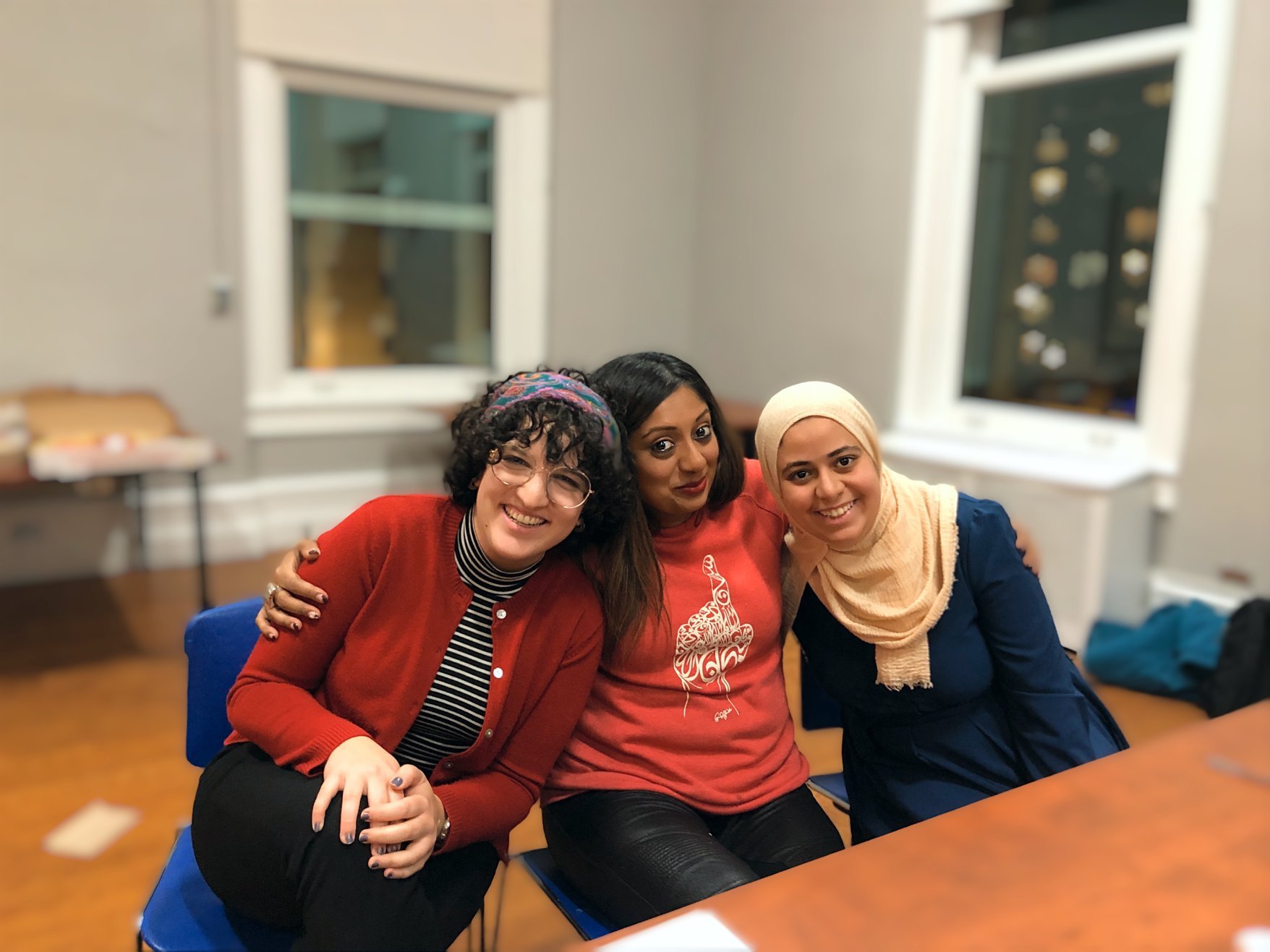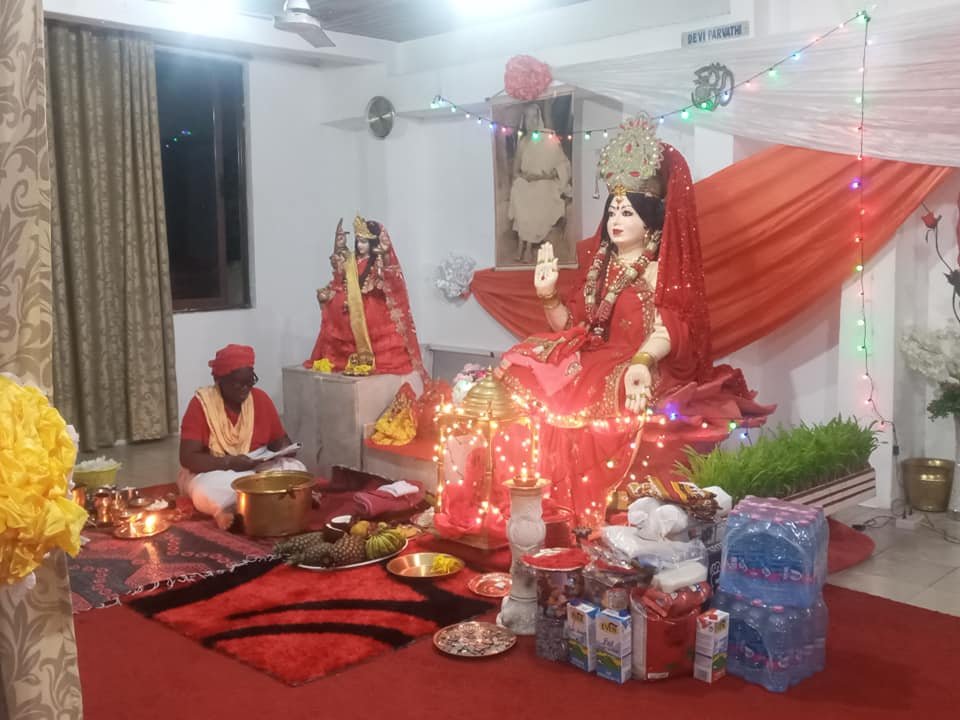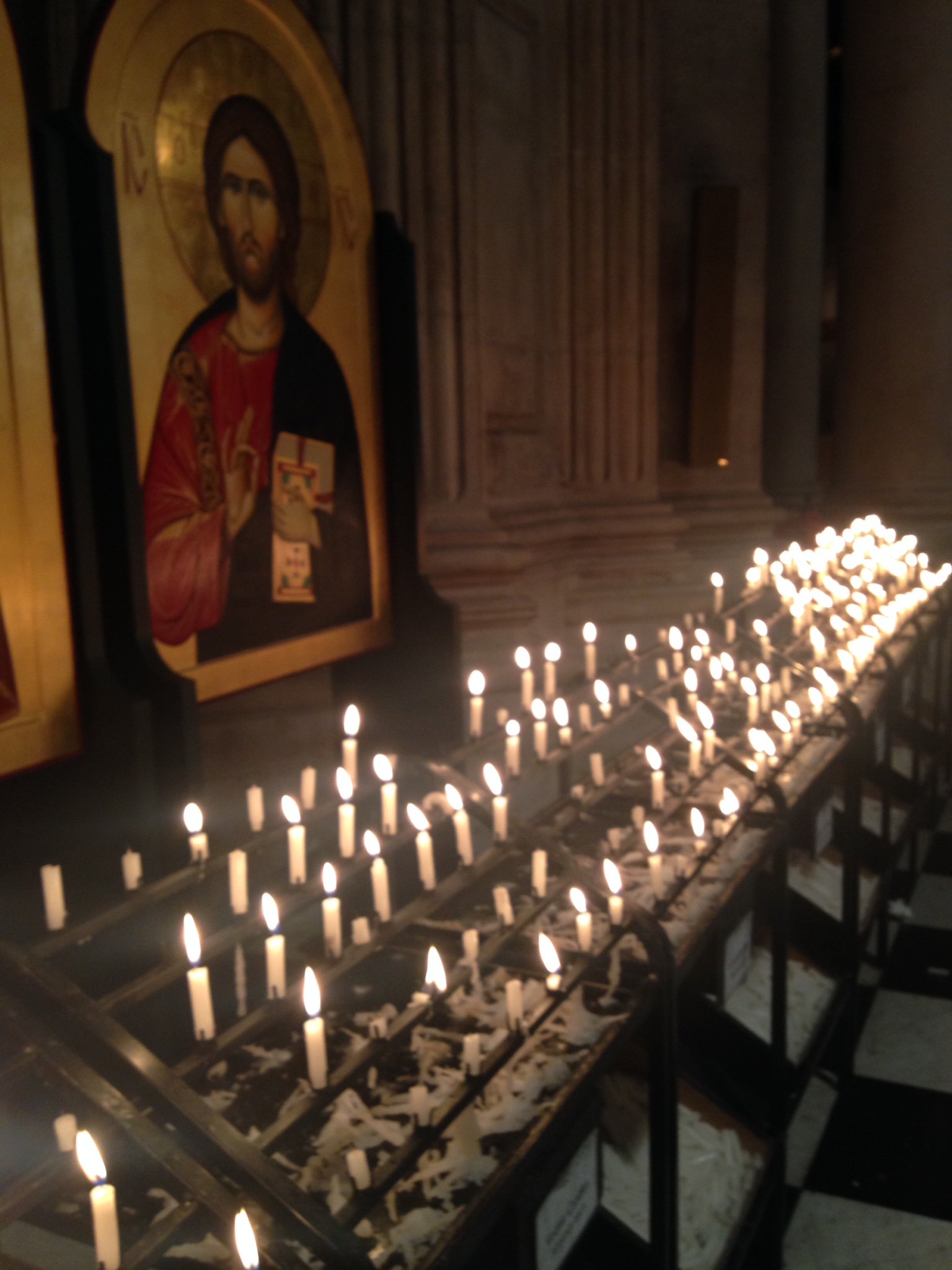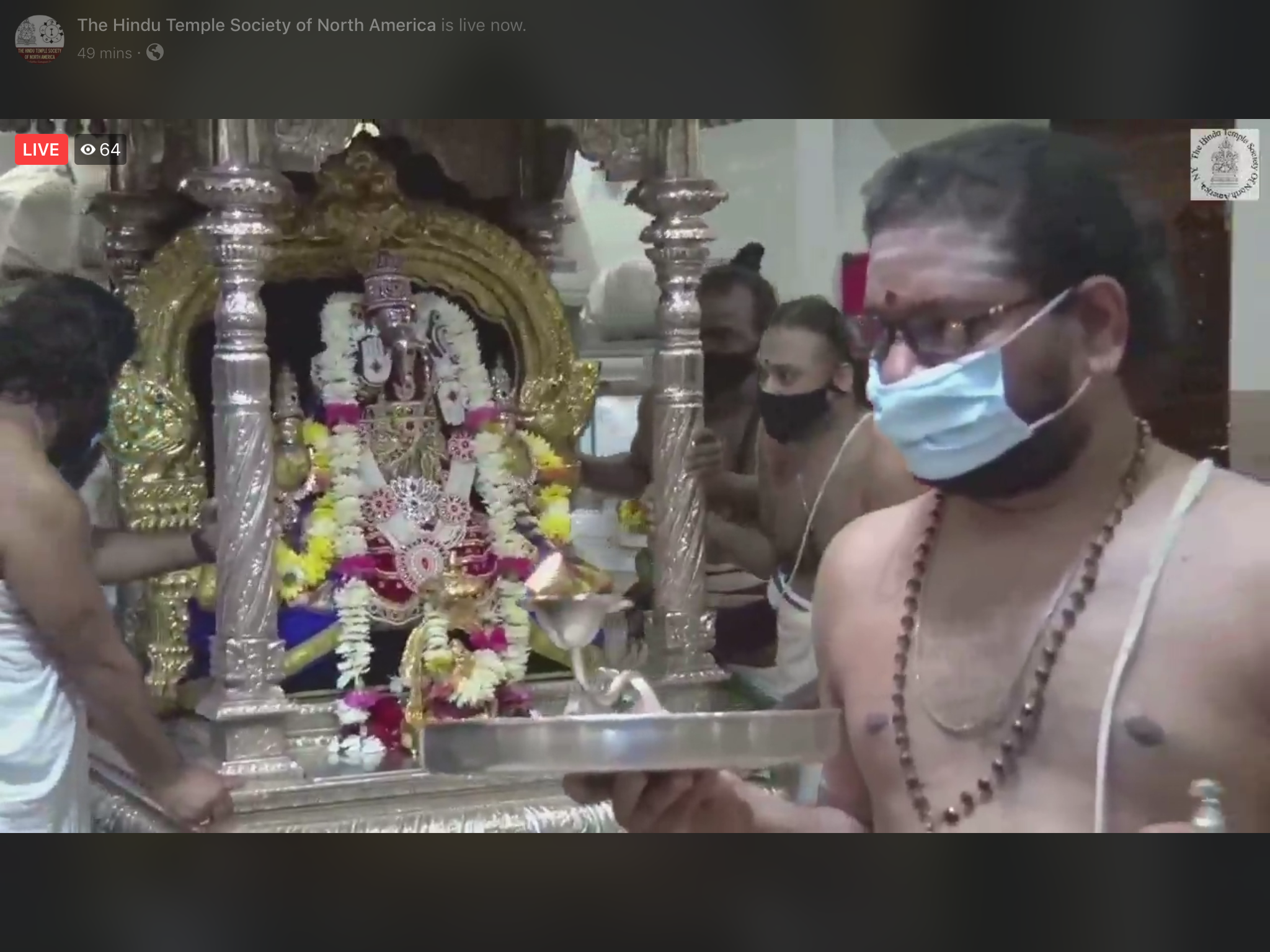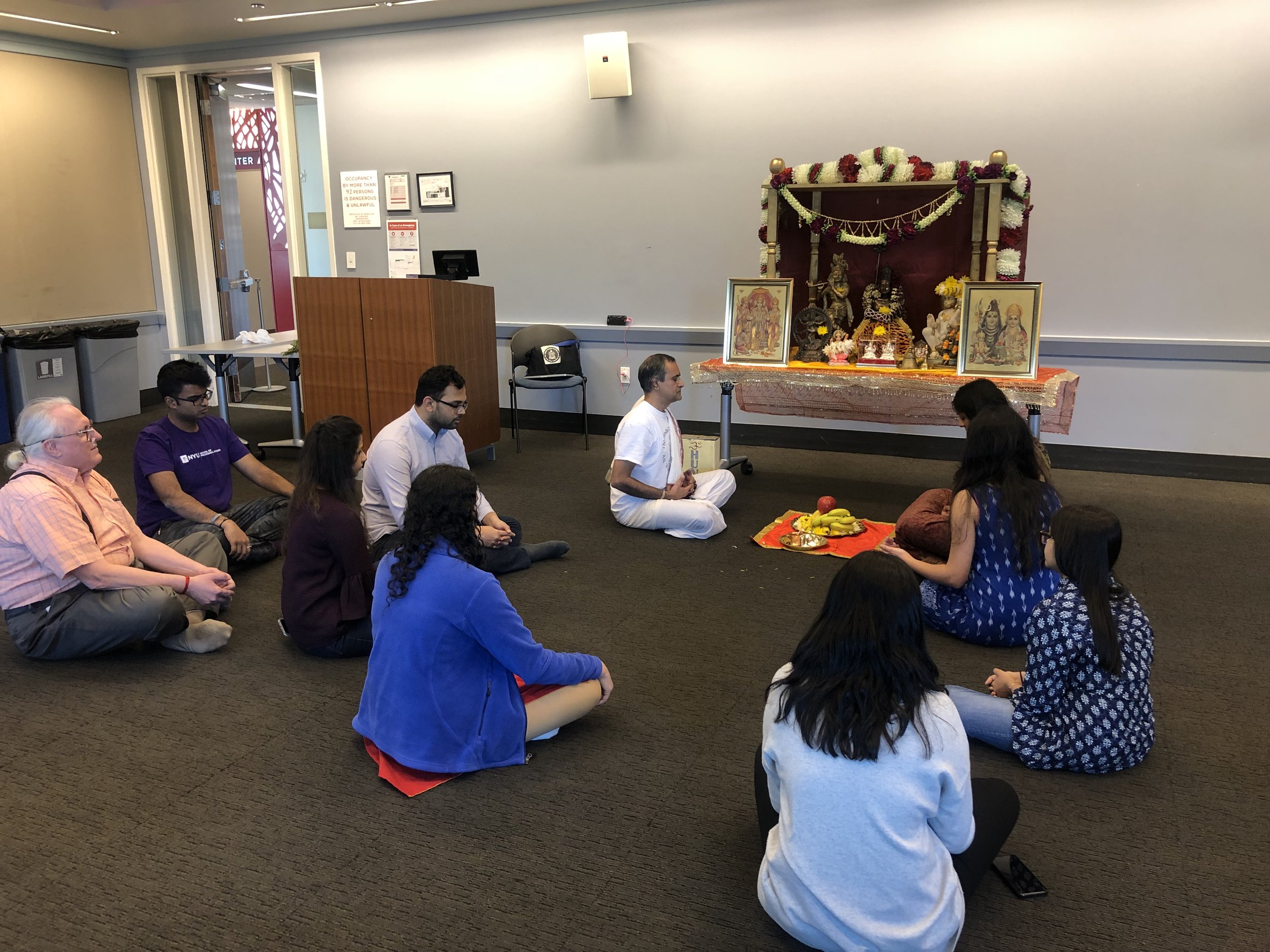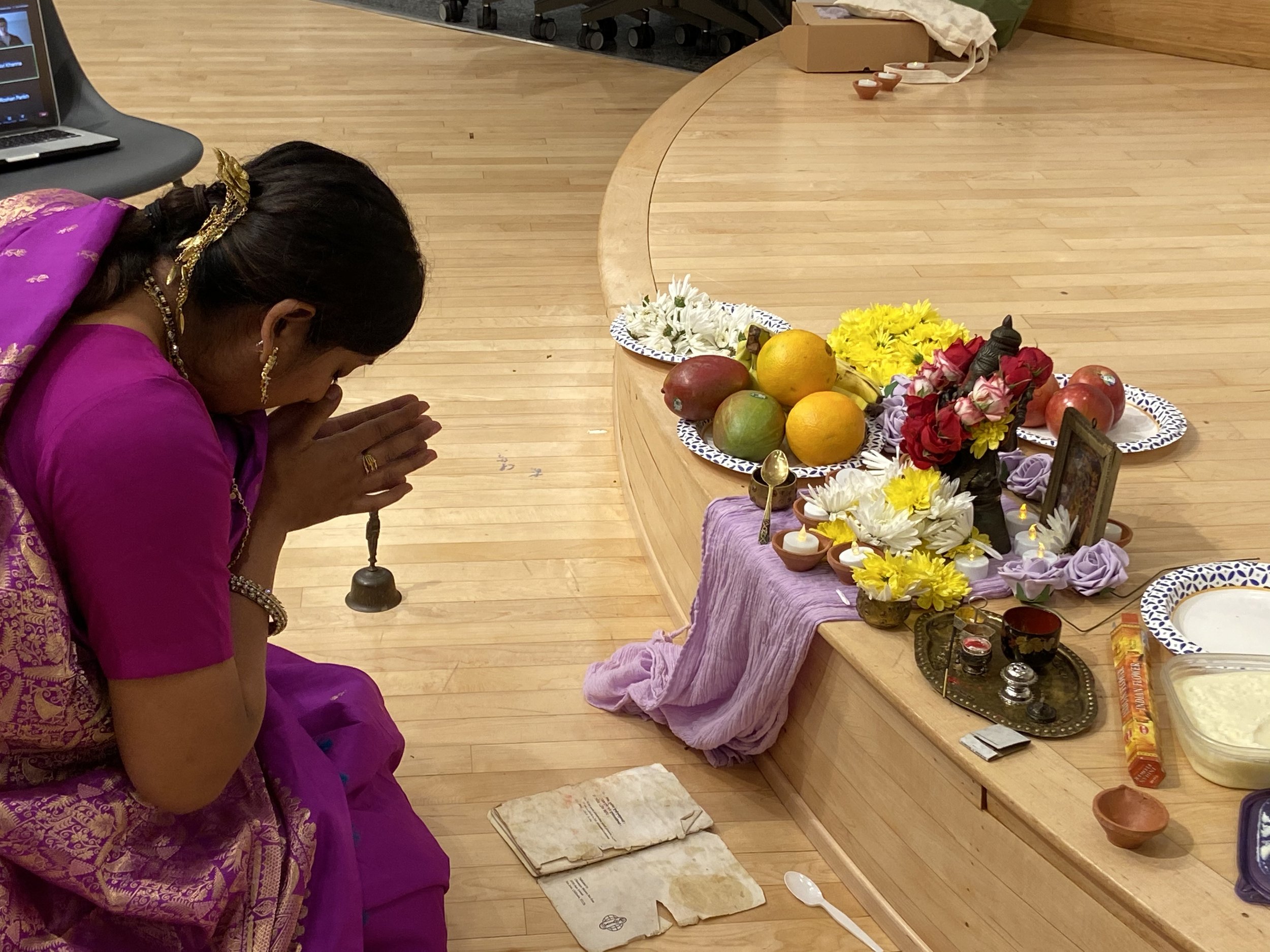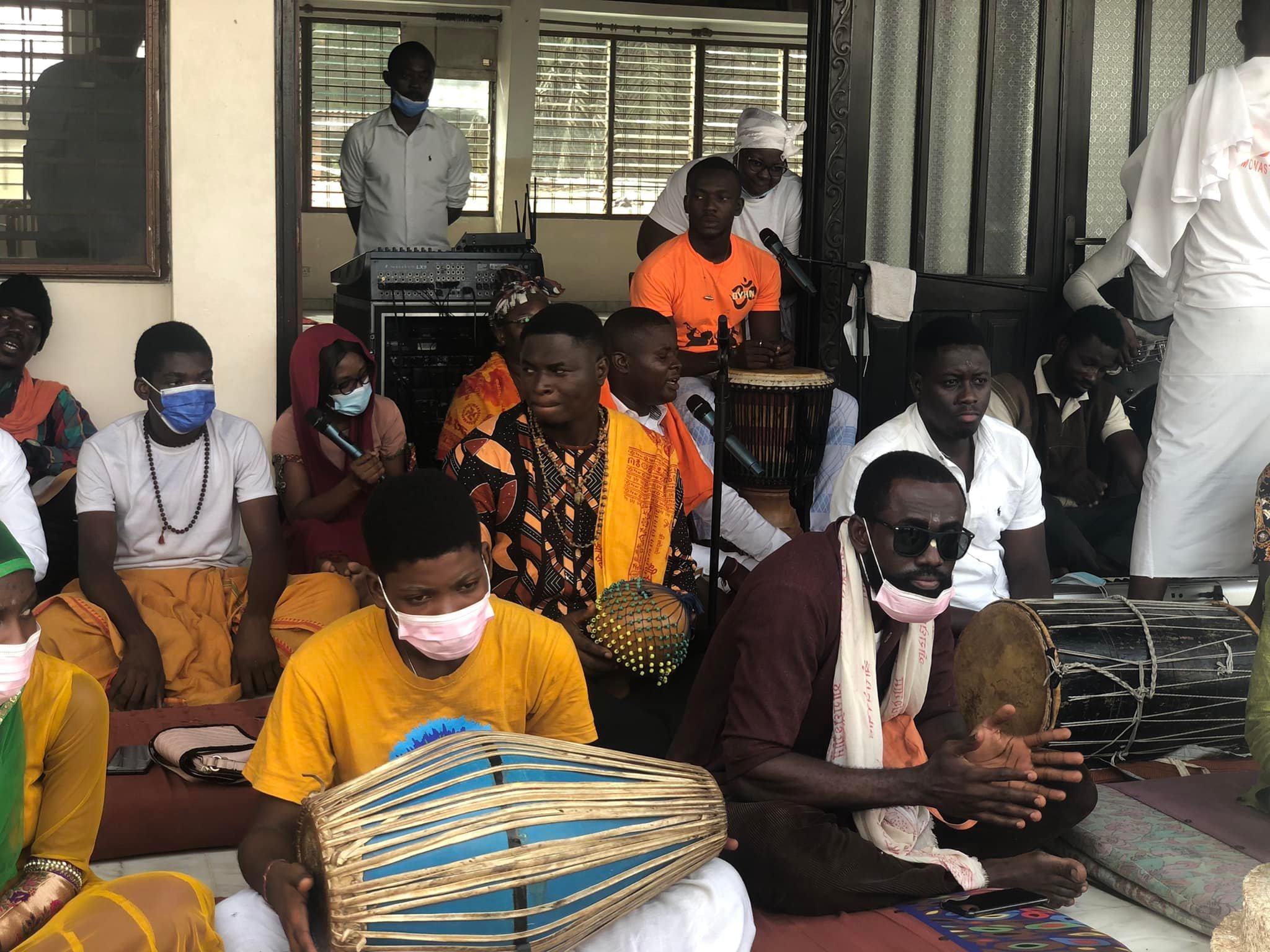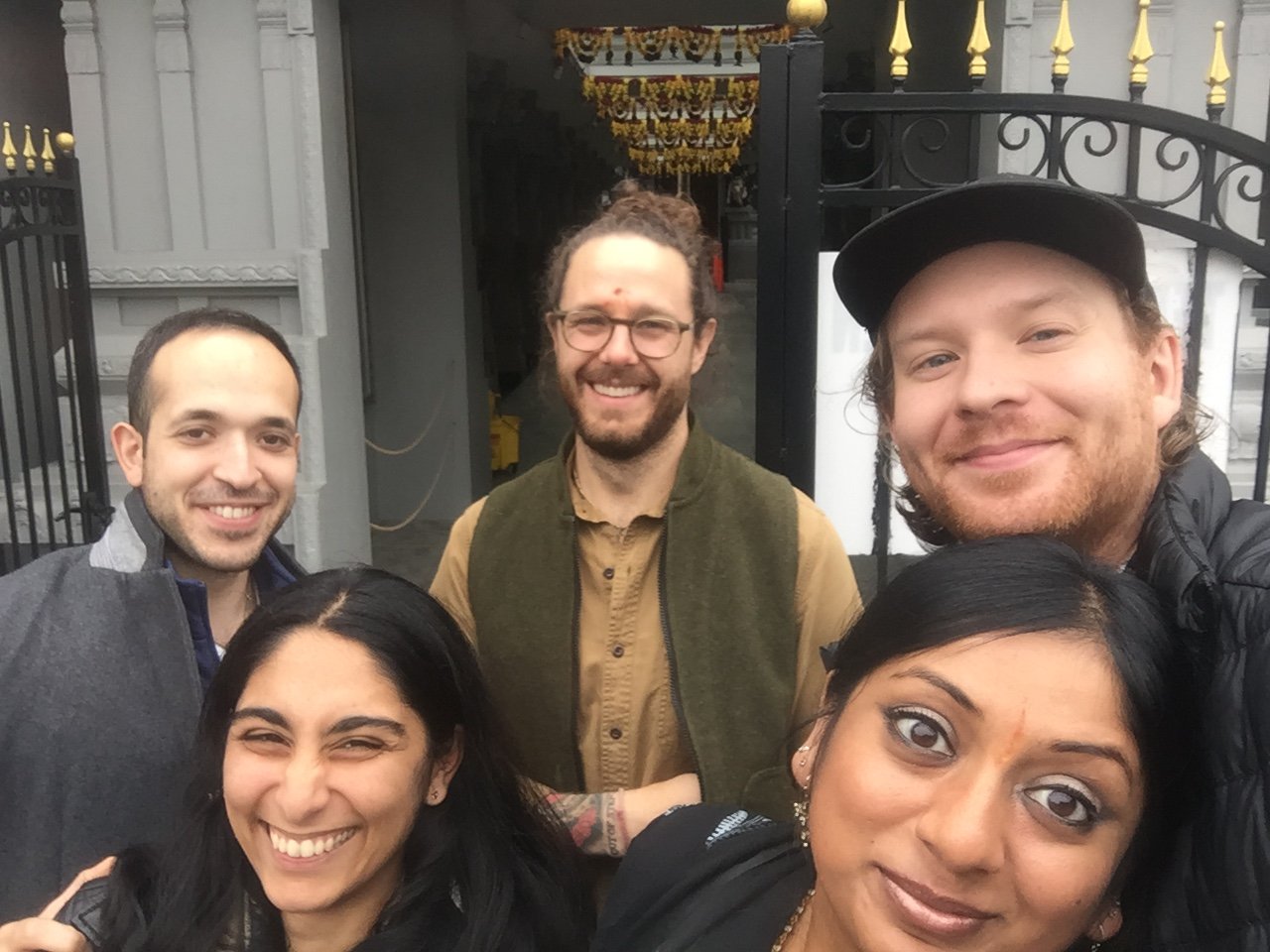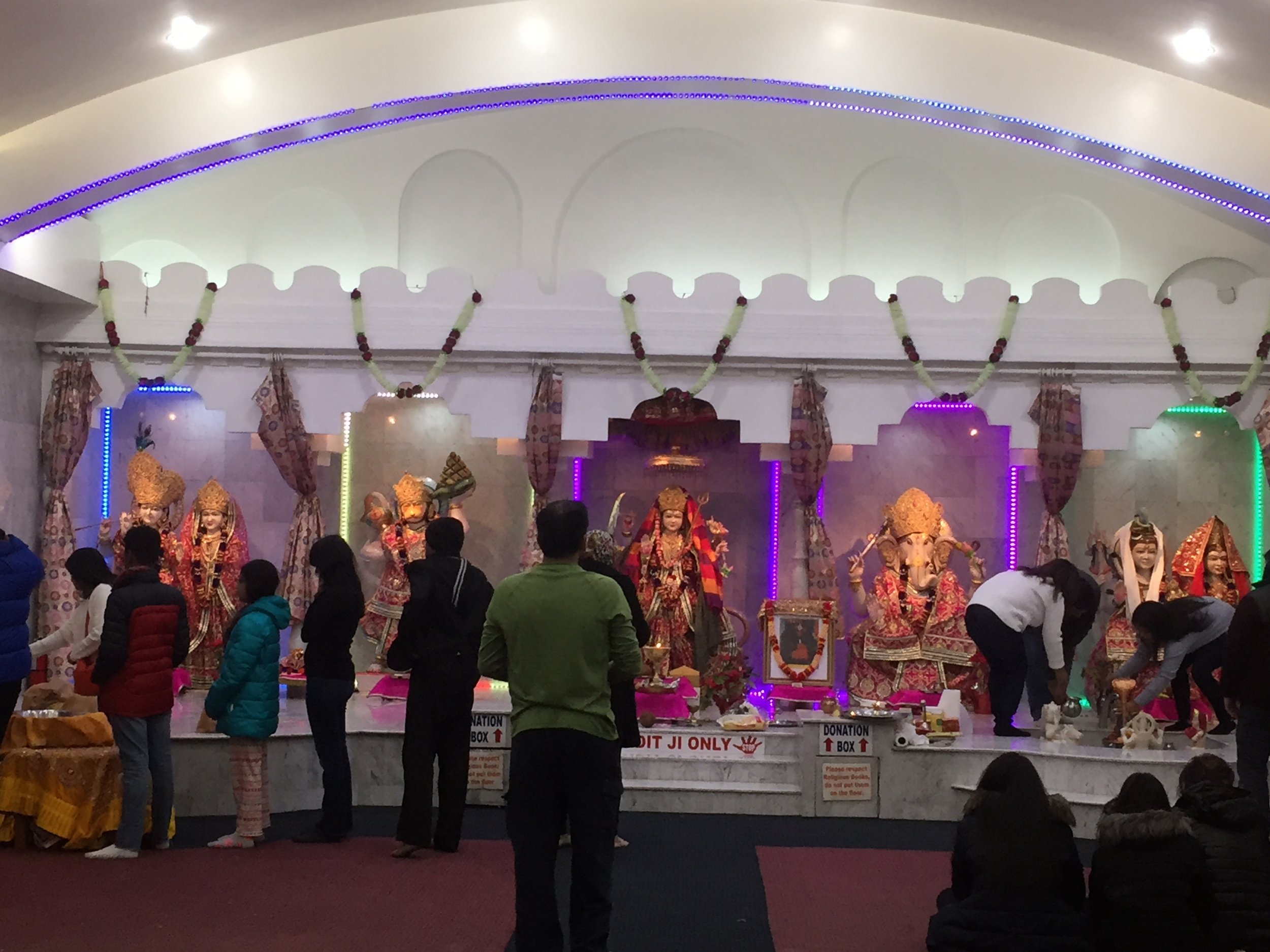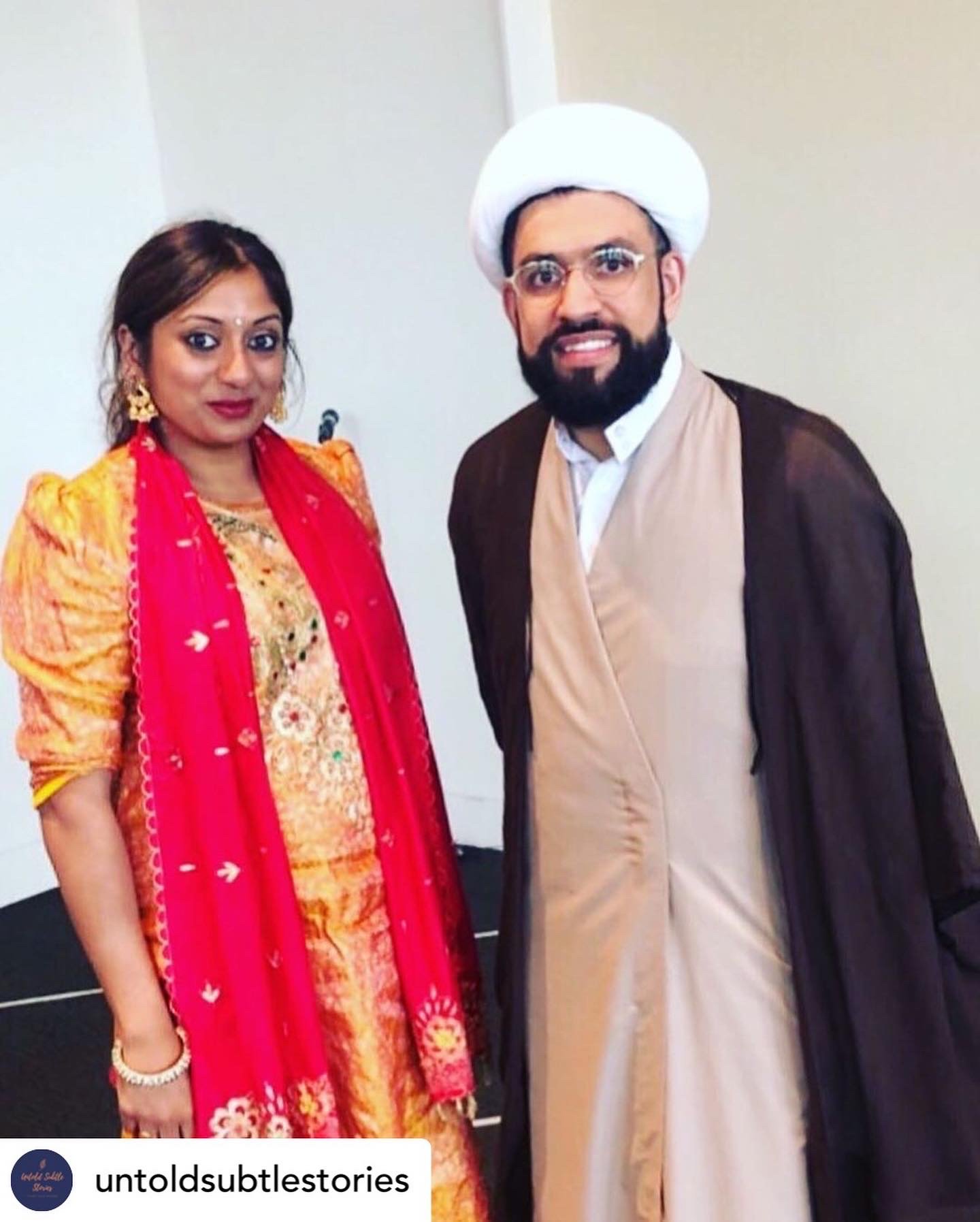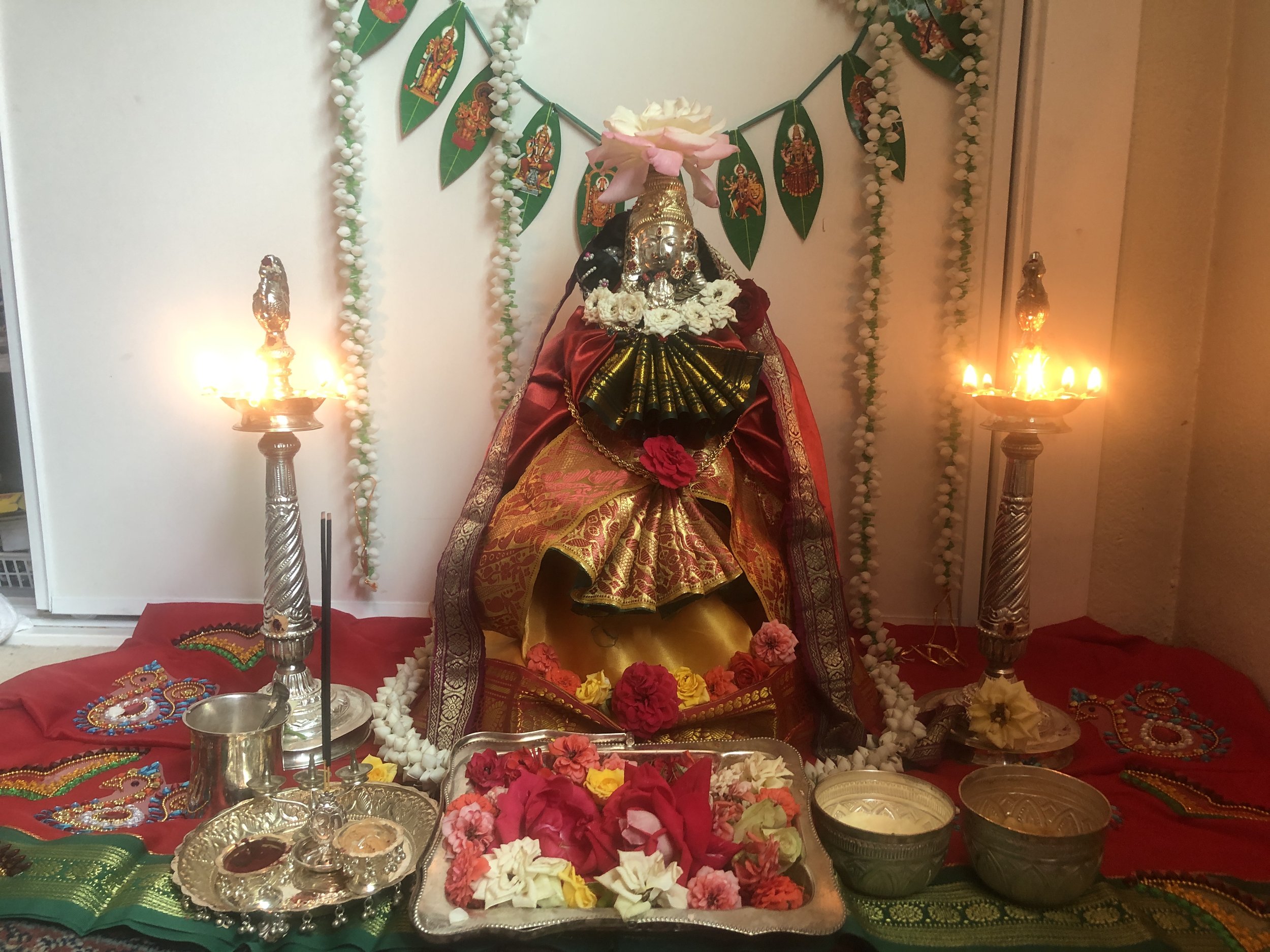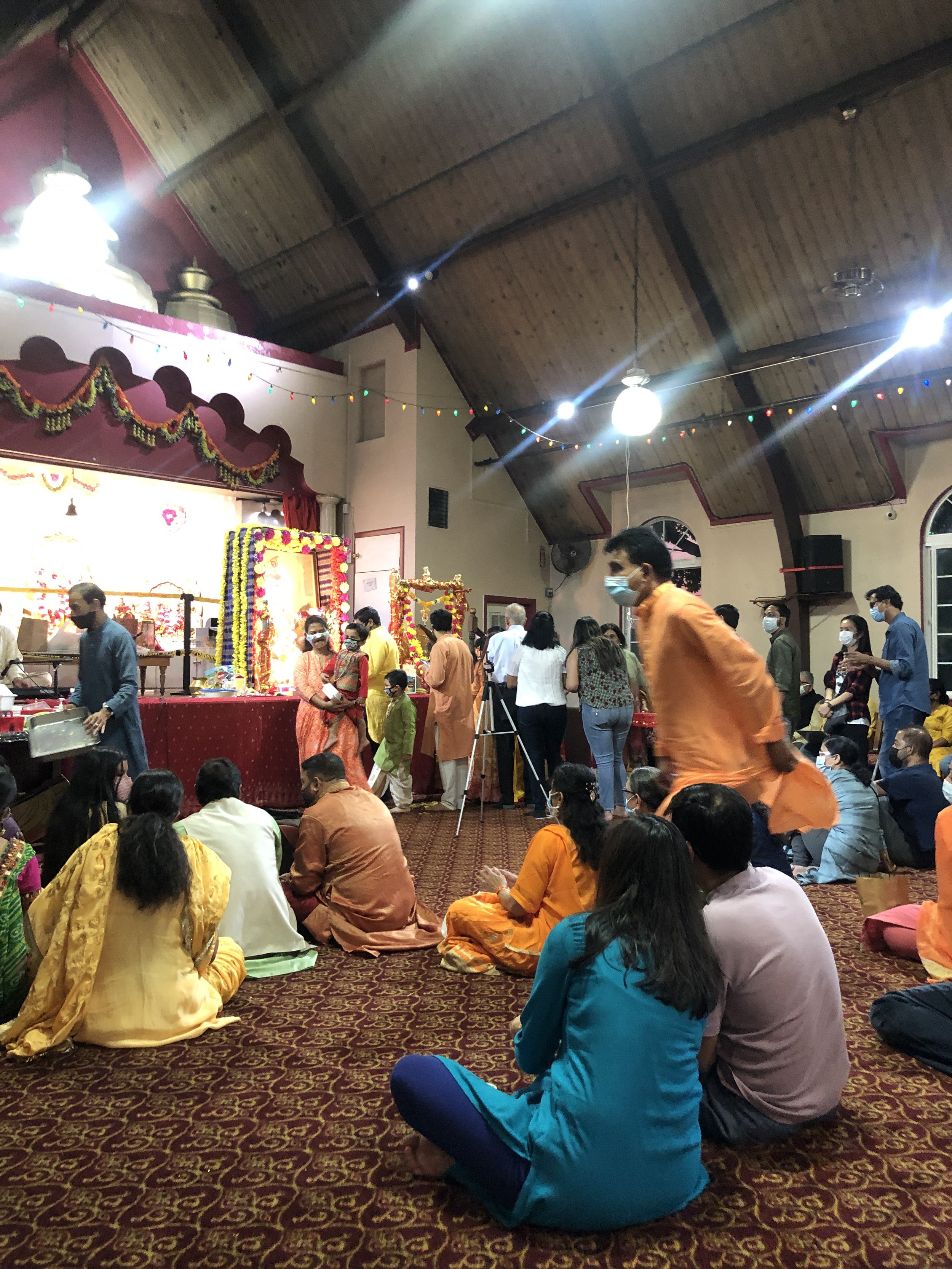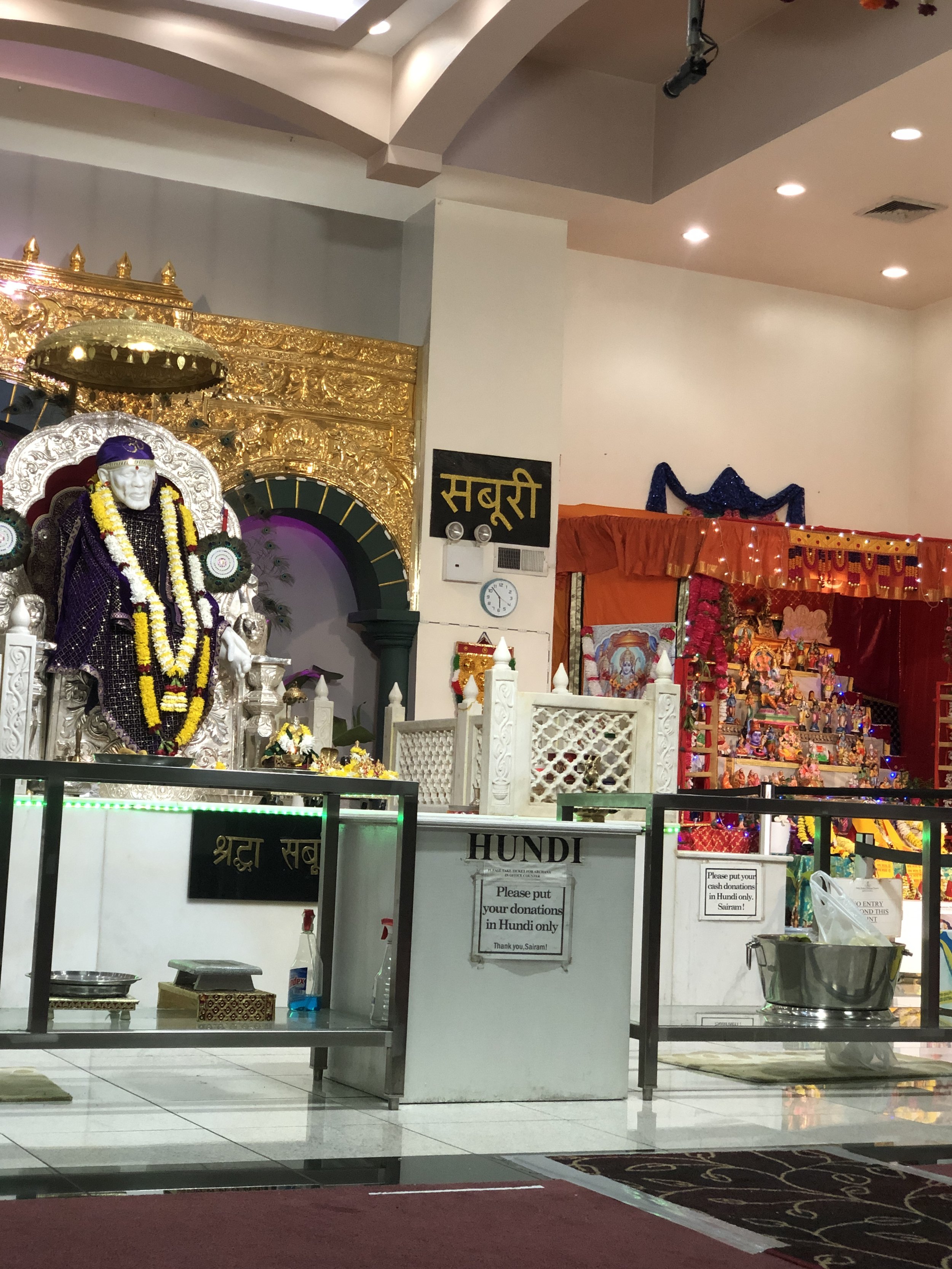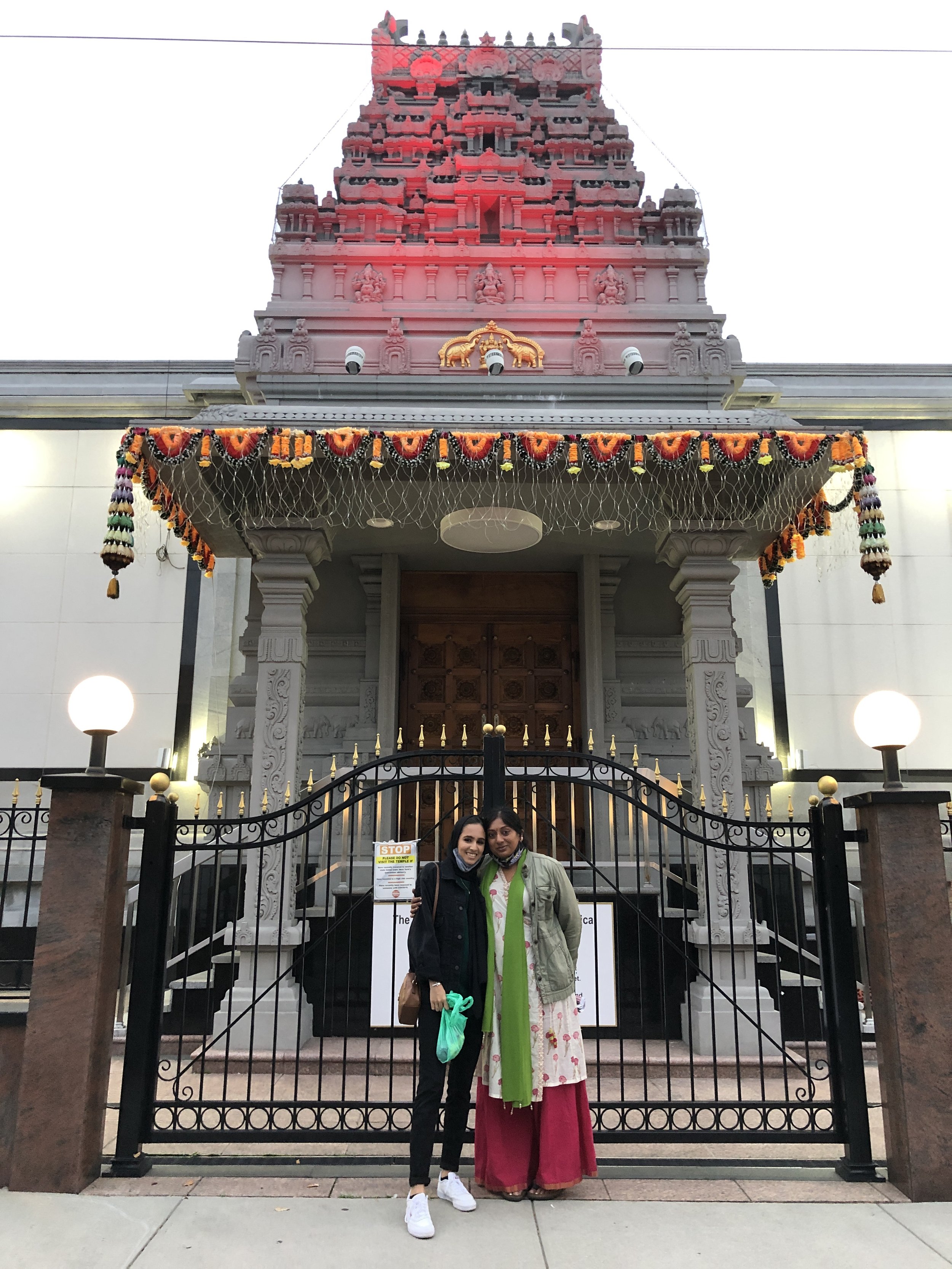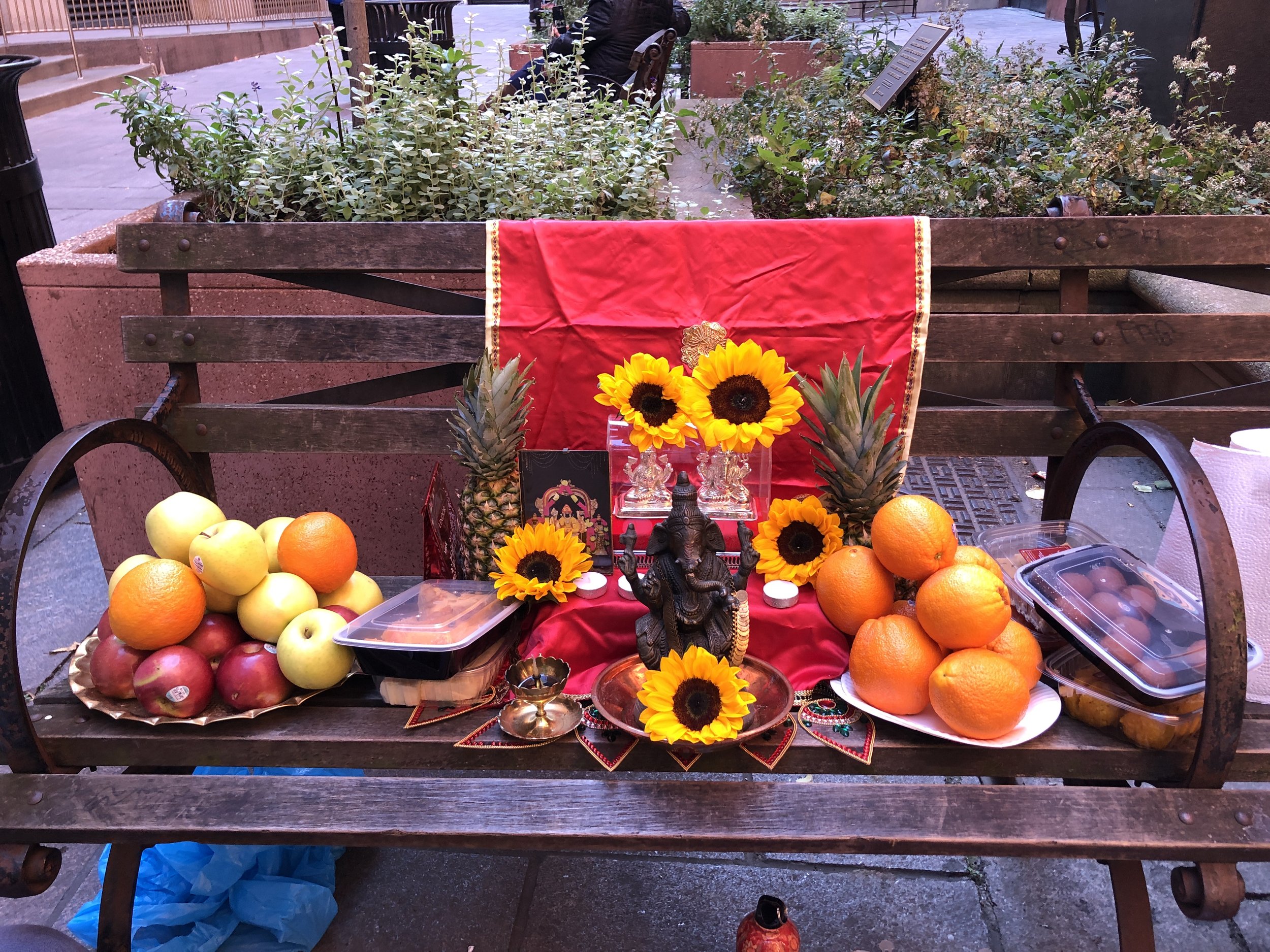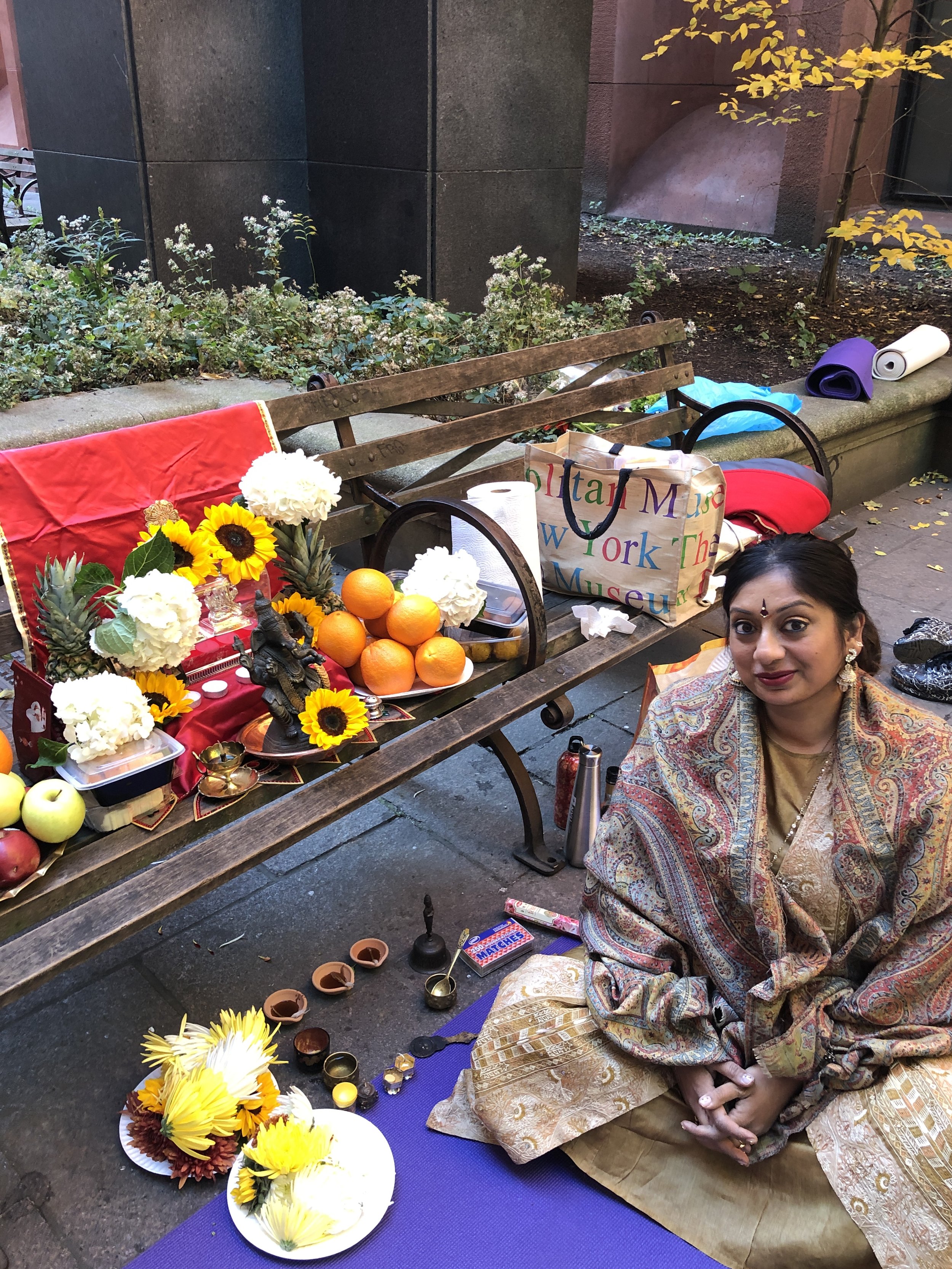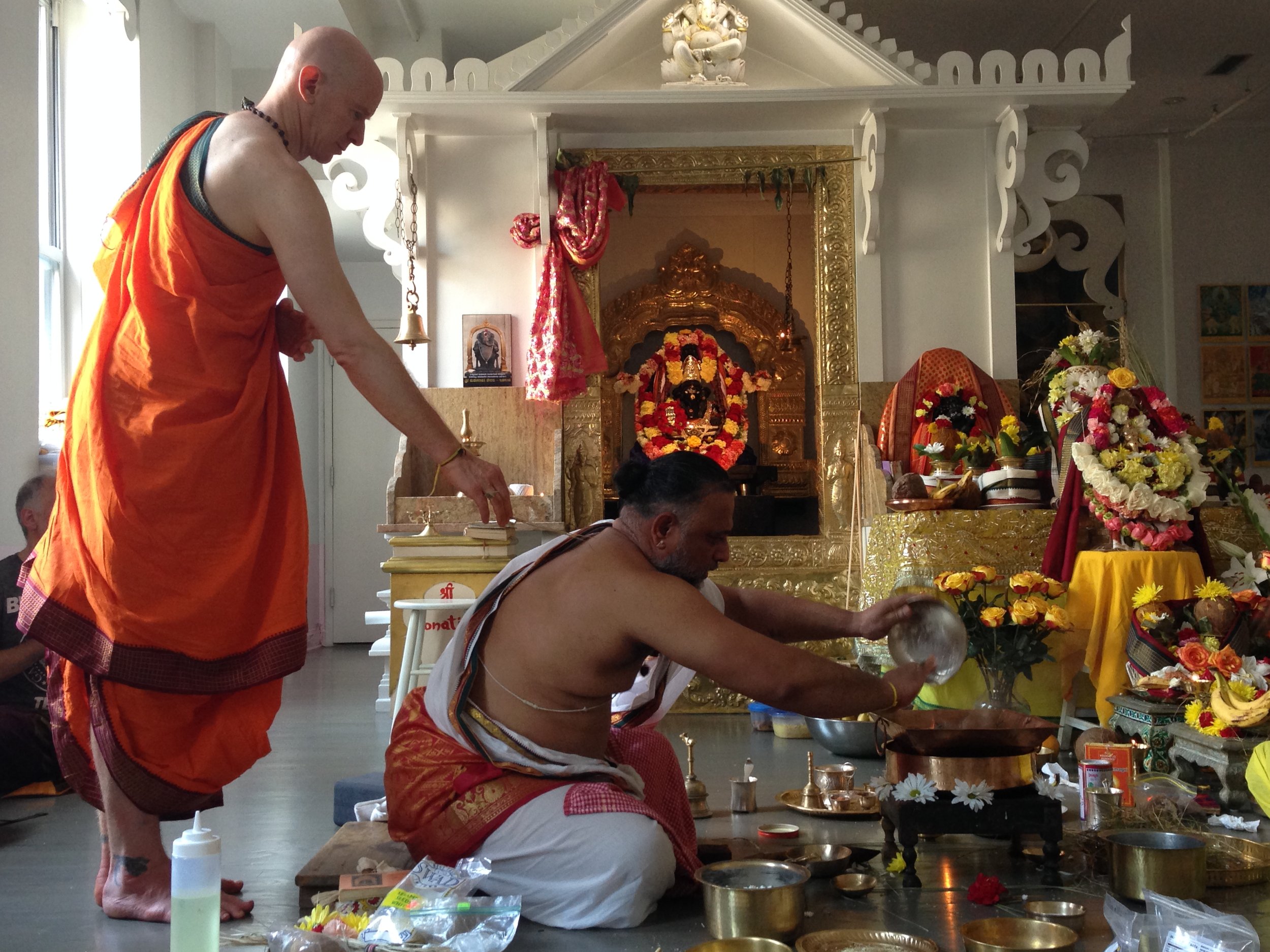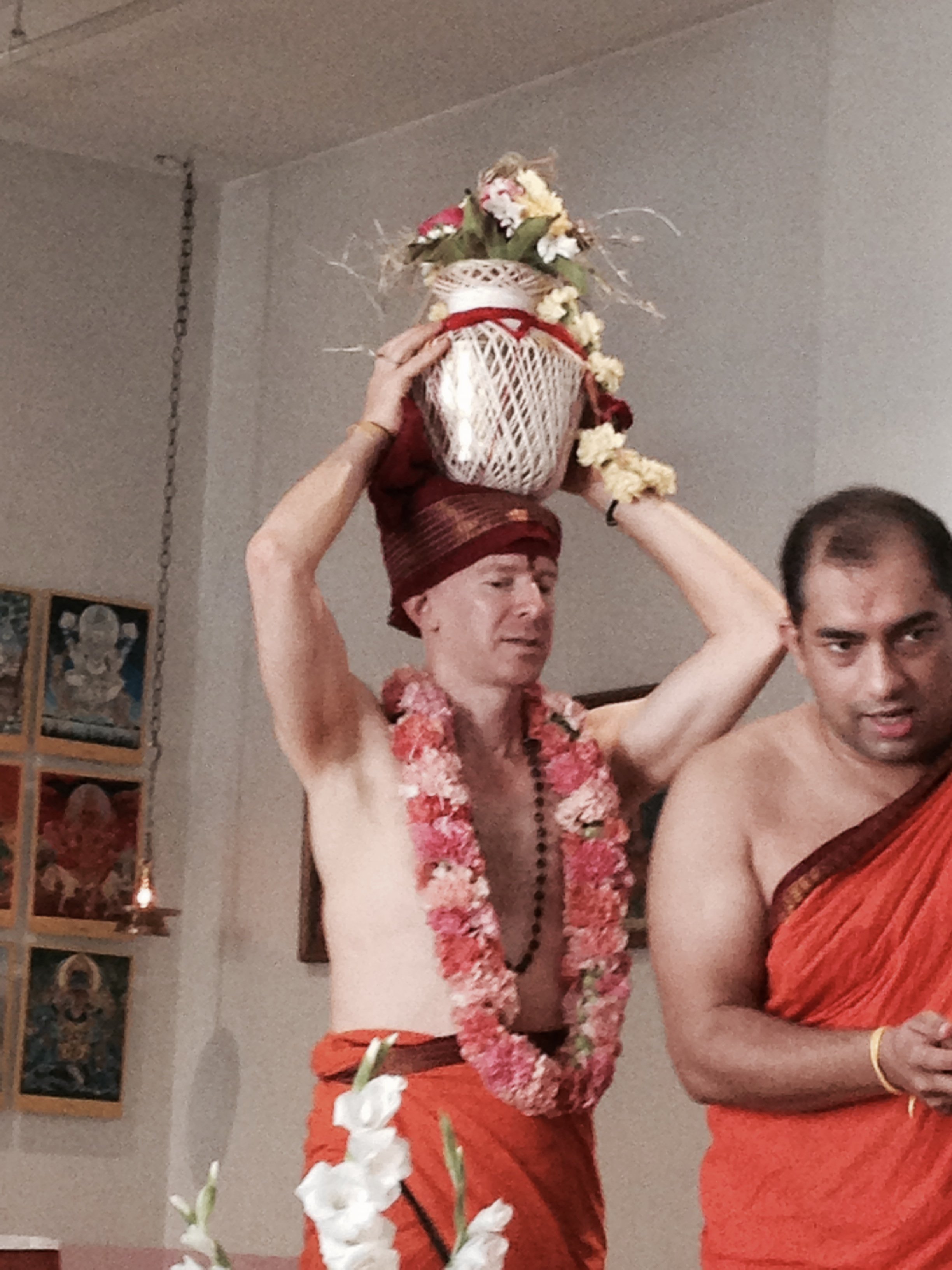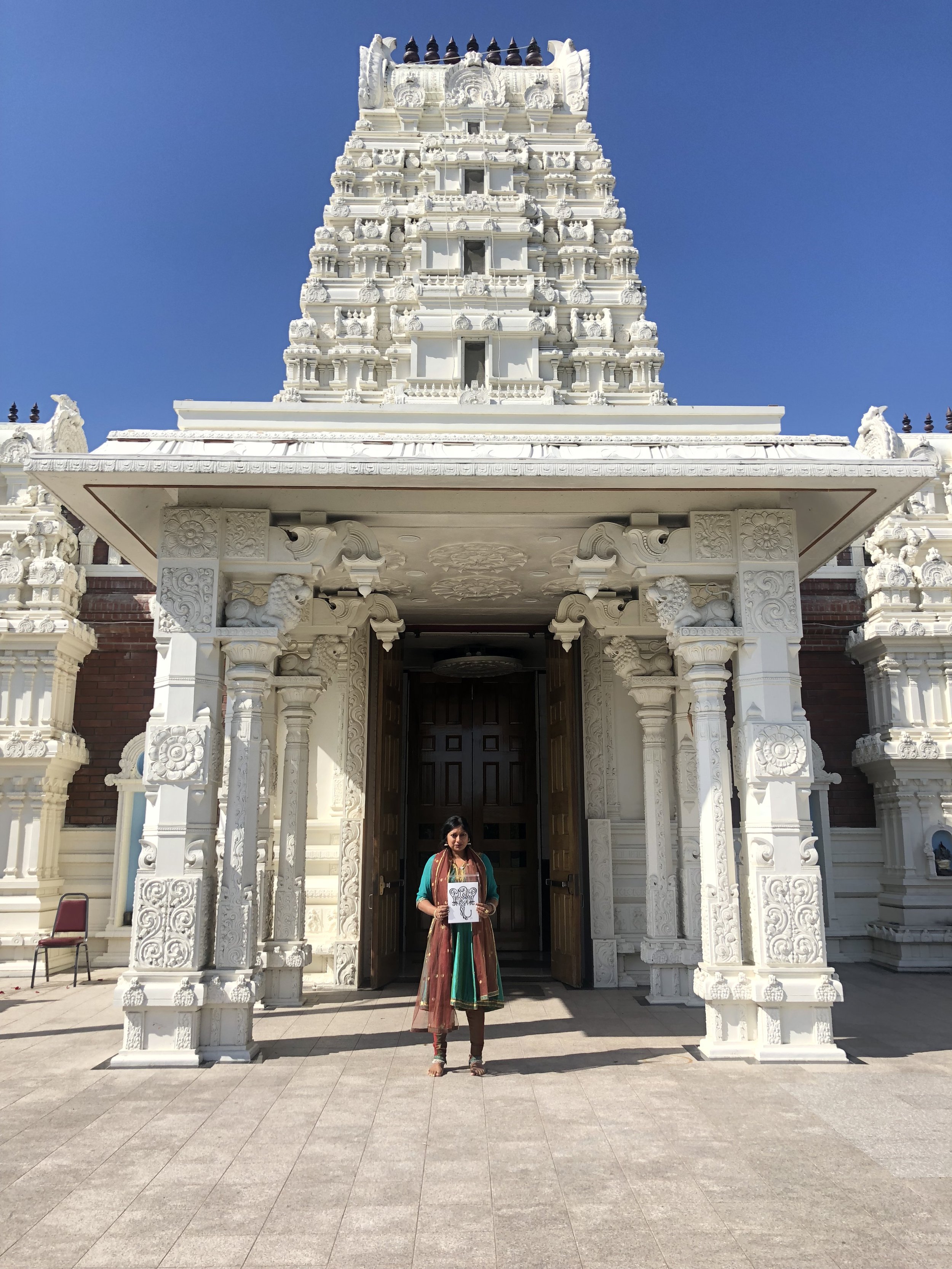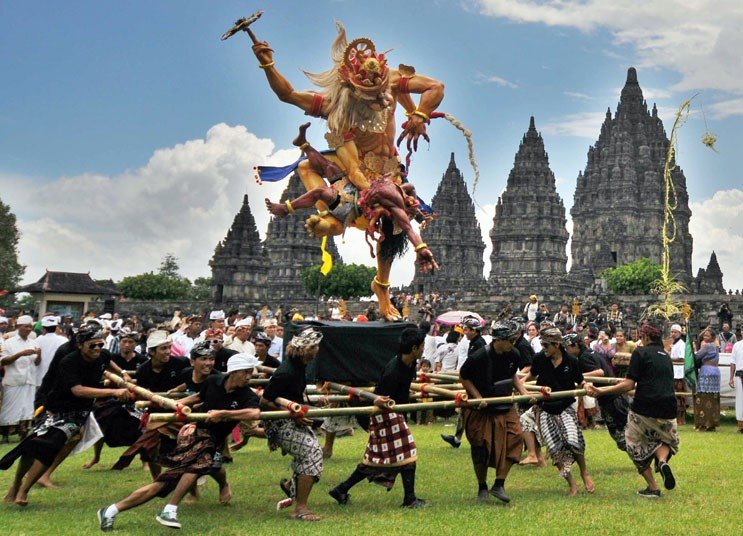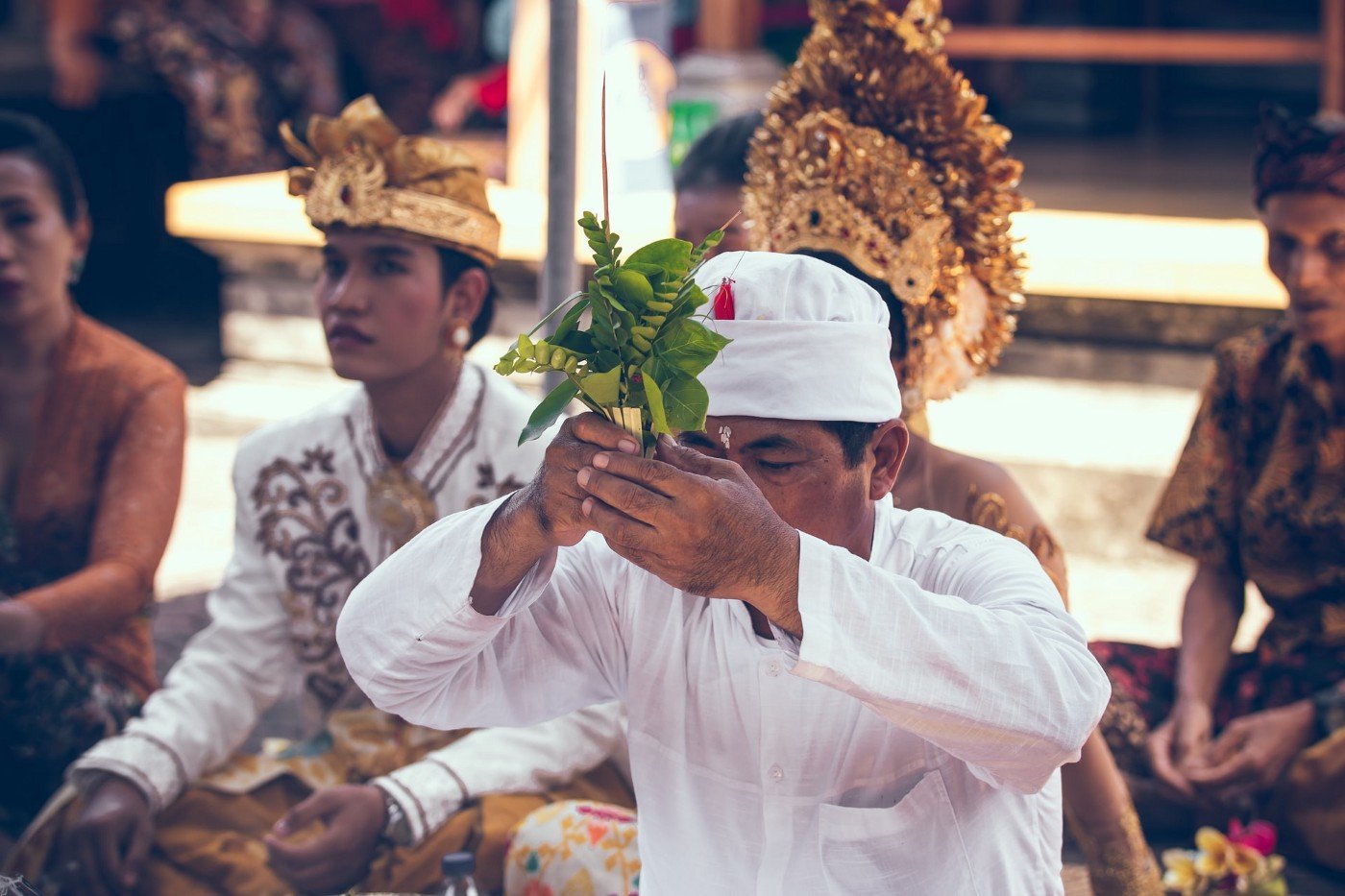"Abrahamizing" Hinduism (NOT about Conversion)
Hinduism is the oldest living religious tradition/faith on earth with over 1 billion people who identify with it. So then why is it so misunderstood?
Unlike the 3 Abrahamic faiths: Christianity, Judaism, and Islam who all trace their origin/lineage to the Prophet Abraham (Peace & Blessings be upon him), Hinduism has no “one” historical founder.
Hinduism is a religion/faith that prides itself on being inclusive, accepting, acknowledging all faiths lead to the same divine, and free-thinking. A faith built on the foundations of compassion, love, knowledge, truth, service to ALL creation, and adheres to the principle of “AHIMSA” or nonviolence.
It’s very hard to generalize/compartmentalize/define Hinduism because practices vary dramatically by culture, family, demographics, communities, practices, etc. It’s what I’ve always found fascinating and interesting, there’s always something new and unique to discover.
As the Hindu Chaplain / spiritual advisor of NYU and Columbia Universities I find myself having to explain my faith in “Abrahamic” terms. The word “chaplain” does not exist in Hinduism, my dear friend the Sunni Imam of NYU, Imam Khalid beautifully explained: A chaplain is someone who is there for someone religiously/spiritually in the way they need you to be, a spiritual caregiver.
ONE BOOK - Hindus have no “ONE BOOK” like the Holy Bible, Quran, or Torah. We have multiple scriptures including the Vedas, Upanishads, the Bhagavad Gita, 18 Puranas, Ramayana, Mahabharata + a bazillion others. It really depends on how you were raised, what culture you're from, your family practices, and your own way of thinking. To each their own.
The Bhagavad Gita (Song of God) is an excerpt from the longest known poem to mankind and human history, the Mahabaratha, where Lord Krishna gives advice to the warrior-prince Arjuna who’s faced with moral dilemmas. It’s a beautiful scripture and (probably the most well-known/popular to the western world, Hollywood actor Will Smith LOVES the Gita) and its teachings, BUT it’s not the “Hindu Bible”.
FACT: When the British first came to India, they were massively confused by the multiple belief systems that is Hinduism and decided to extract the Gita from the Mahabartha and coin it/nickname it “The Hindu Bible”. If you study Indian Art History there are no “Illustrations” meaning pen, ink, painting, “paper” etc. of the Gita before the British came. There are beautiful sculptures carved on ancient Hindu temple walls. This shows that the Gita was significant but not the most important “end all be all scripture, or the one scripture everyone follows”. Plenty of illustrations/artwork of other Hindu scriptures/stories/deities/culture exist!The “Vedas” (holy Hindu Scriptures) for example were revealed to ancient sages and saints through a language that was difficult to comprehend through spoken word but understood through the heart and mind. Vedas transcend all time and don’t have a beginning or an end.
CONVERSION -There is no concept of “converting” to Hinduism. I can’t dip you in water, smack you upside the head with a Veda or Gita and make you a Hindu! Hinduism is built on the core belief “EKAM SAT” (Sanskrit language) or “ALL IS ONE” Which means “All faiths, religions lead to the same divine”. “The paths are many, sages call it by many names, but faith is one” ALL are welcome to practice Hinduism. Hinduism gives equal respect, honor, love to all religious traditions in the world. This is why you will see many Hindus going to church, attending Jummah prayers, participating in Shabbat dinners, etc. When the divine calls out to you, does it really matter what form/shape/space you're in, as long as you have love/devotion in your heart?
4 WEDDINGS & A FUNERAL - I’m often asked to officiate weddings or perform funerary rites. I’m not a “priest, pastor, Imam, or Rabbi”. Priests in Hinduism are individuals who attend “Gurukalams” or schools to specifically learn hymns, mantras, chants, etc., and perform/ lead ritualistic rites called puja in Hindu Temples. Anyone can perform a puja, I myself have led many a Ganesha puja, BUT a condensed version, not an elaborate service as you would see in temples. Unlike pastors, imams, and rabbis, Hindu priests are not trained to advise or discuss, they are trained to lead prayer rituals. They do NOT give sermons, khutbahs, or lectures like rabbis, imams, or pastors. One should not expect a Hindu priest to behave like a rabbi, imam, or pastor, they are trained in their faith in a different, beautiful, and unique way. Hinduism might be the oldest living religion in the world, but it’s fairly new to the western world, brought mainly by Indian immigrants. For many of the Hindu priests you see serving at Hindu Temples in the USA, English is not their first language so it’s difficult for them to explain the ritualistic practices. There is a beautiful spiritual significance behind EVERY RITUAL they perform! The word “CHAPLAIN” does not exist in Eastern faiths!
When I’m approached about weddings and funerals, I’m always faced with bewildered looks asking “Isn’t a Hindu wedding or funeral follow the same rules written in a book?” NO!! It depends on the family/individual/culture etc. One must be well trained and familiar with a family’s tradition/culture in order to perform a wedding or funeral correctly! One can not “generalize” and say all Hindu weddings, funerals, etc. follow the same religious rites.HOLY TRINITY - The father, the son, holy ghost in Christianity. In Hinduism, we have Shiva (the destroyer), Vishnu (the preserver/supreme consciousness), and Brahma (the creator). No one worships Brahma (there are only 1-5 temples across the world dedicated to him). How do I explain no one worships the “creator” which is very important in Abrahamic faiths?! Lord Shiva & his family (Lord Ganesha, Lord Muruga, Lord Ayyapa, Goddess Parvati + all their manifestations, etc.) Lord Vishnu & his family/avatars (Goddess Lakshmi, Lord Rama, Lord Krishna, etc.) are the most beloved and popular deities. They ALSO represent all aspects of “creation”.
Hinduism gives full freedom to the devotee to worship/ see the divine as they would like - All-mighty father, mother, child, husband, sister, friend, etc. There’s no need to define the divine and call it 1 creator.
WHY SO MANY GODS? - They are manifestations of the one eternal, formless, genderless divine that is all-encompassing/ pervasive and resides throughout all creation called the BRAHMAN. Hindus believe there are multiple paths to reaching God.
It’s waaaay easier to visualize God as a father, mother, brother, sister, friend, etc. than a formless being (though many choose to see the Divine that way too, Hinduism gives full freedom to view the divine in any way you like) and feel closer to them and build a relationship of unwavering faith and devotion. This is how puja (ritualistic prayer) began.
Hindus don’t “worship idols” correct term for the statues/deities is “murti,” a symbolic representation of the divine. Puja is a way to show love, reverence, and devotion to your personal deity and build a relationship of faith with the divine.
If you have a skin problem you would visit a dermatologist correct? Not a cardiologist? The same principle can be applied to Hinduism, Lord Ganesha is there to remove your obstacles, Lord Shiva to protect you, Lord Vishnu to dispel your illusions, Goddess Saraswati to help with your studies/exams, etc.
The divine is FOREVER your champion, multiple deities make it easier to build a relationship of love and trust! Hindus are taught to LOVE not to FEAR the divine.HALF NAKED PRIESTS & RABBIS / PASTORS / IMAMS - Often I hear “OMG why is the priest half-naked!” Hinduism originated in South Asia, where the weather varies dramatically! Down South, it’s extremely HOT. Up North, it’s very cold, especially near the Himalayan mountain range. This affects people’s “fashion choices”.
Just as a Rabbi / Imam / Catholic priest covers their head out of respect/love for the divine South Indian Hindu priests do the same by removing their upper garments. The spiritual significance of not wearing a shirt is that they are “A servant of God”, paying obeisance/homage and serving the divine.
North Indian priests keep their shirts on if they don’t they would freeze to death!COMMUNITY / CONGREGATION - Hindus don’t necessarily attend one temple or place of worship. All people of all faith backgrounds are welcome in any Hindu place of worship. Hindus don’t pay dues or yearly fees to join any one house of worship. When folks ask what about “Building Community”? What defines a “community” does one always have to be with or hang out with the same types of people in order to feel closer to the divine? I strongly argue against that! A community I feel is made up of folks who make you feel good, who inspire you to do better, inspire you to serve and help mankind. The ending prayer for All Hindu services is:
Lokah Samastah Sukhino Bhavantu - May all beings everywhere be happy and free, and may the thoughts, words, and actions of my own life contribute in some way to that happiness and to that freedom for all.
We are not just praying for “Hindus” but for ENTIRE CREATION including people, places, animals, floral/fauna, etc.REALITY VS. MYTHOLOGY - Why is Hindusim coined as Mythology while the 3 Abrahamic Faiths’ stories/sayings/scriptures are considered reality?
The world believes Lord Jesus walked on water, performed many miracles, etc., the Prophet Muhamad (PBUH), ascended Heaven on the night journey, Prophet Abraham is about to sacrifice his son, who is saved by God, etc.So why is it so hard to believe that Lord Hanuman lept across the skies to Sri Lanka or carried the medicinal mountain to save Lakshmana’s life, or Radha and Krishna illuminate the night with their dancing, or Lord Shiva saved the world by swallowing poison? Why is it Hinduism is called Mythology while other faiths are reality?
There is archeological evidence of a stone bridge between India and Sri Lanka described in the Hindu Scripture Ramayana. Artifacts have been found in North India where the great battle takes place in the Mahabaratha.Lord Jesus has 12 apostles, Prophet (PBUH) had companions who documented what they said, described their physical appearance, and behaviors.
The 15thC saint/poet Tulasidas wrote the Hanuman Chalisa (a hymn in praise of Lord Hanuman) after meeting him in person at a gathering. Meerabai, Kabir Das, Jayadev, 63 Nayanar Saints (Poet Saints of Lord Shiva), 12 Alvar Saints (Poet Saints of Lord Vishnu), (multitude of others), etc. have all described, written, composed songs/poems of meeting/experiencing the Divine! All of these folks lived, their biographies have come down to us.
Hinduism because it was more of an oral tradition lot of scriptures were not written down. Plus much was destroyed with invasions and colonization! Hinduism is the only faith that never “invaded” or “spread” their faith because in a way being Hindu is a way of life, it’s a faith you live every day, not something to read but to experience.
Many of the Hindu Scriptures available in the west are translated by colonizers. There is much to learn and discover within Hinduism!RACE/NATIONALITY VS. FAITH- Not ALL Hindus are “Indian”, being Hindu doesn’t mean a person is from India! Hinduism originated in the landmass that is South Asia which comprises what is now known as India, Pakistan, Bangladesh, Nepal, Afghanistan, Sri Lanka, parts of Iran, etc. As people formed communities, countries, migrated, etc. they took their faith with them. There are giant Hindu Temples in Africa, South America, Europe, etc, folks of all nationalities/backgrounds practice the faith. Hinduism is a faith, not a race or nationality! With physical yoga, meditation, wellness practices, etc., becoming a global phenomenon many have come to realize the origins of all these practices lie in Hinduism. They are curious and drawn to the faith and must be welcomed and accepted lovingly! Stop drawing lines of divisions and practice what the core of Hindu philosophy is: Equality, Love, Inclusiveness.
A favorite Sanskrit saying of mine: Vasudhaiva Kutumbakam - THE WORLD IS ONE FAMILY!HOLIDAYS VARY BY CULTURE - There’s one Christmas on Dec 25, Hannukah and Eid are celebrated according to their calendar dates. For Hindus holidays, religious festivals, etc. vary by culture, family, and demographics. For example, Hanuman Jayanthi (Lord Hanuman’s birthday) is celebrated by South Indians in December or January. North Indians celebrate in April. Same holiday different date. The west tries to “Define a Hindu Holiday” by giving us “Diwali” but for many cultures (a lot of South Indian cultures for example) Diwali is a day of celebration and is not necessarily seen as a “religious” holiday.
The festivals/holidays of Holi, Karva Chauth (praying for your husband), Raksha Bandhan (praying for your brothers), etc. are important to North India. South Indians are not really familiar with Holi, Karva Chauth traditions. They have plenty of beautiful cultural and religious festivals of their own, my favorite being Golu Puja (Festival of the Dolls) which comes during Navarathri (Worship of the divine Goddess) in October. Hinduism embraces many religious ideas. For this reason, it’s sometimes referred to as a “way of life” or a “family of religions,” as opposed to a single, organized religion.
I love that there is no way a Hindu can ever forget the presence of the divine or forget to celebrate the divine because LITERALLY, we have a religious holiday or festival every month!
I personally would love to know more about Hinduism in African, South American, Caribbean, European cultures and their unique ways of worship!
Look I get it and understand that Hinduism can be confusing for someone never exposed to Hindu practices, ways of life, or even heard that Hinduism is an actual FAITH and RELIGION.
Maybe it’s easier to compartmentalize religion/faith and allocate draw up rules/guidelines with one book, one prophet, one deity, etc. One of the key thoughts of Hinduism is “atman,” or the belief in the soul.
This philosophy holds that living creatures have a soul, and they’re all part of the supreme soul. The goal is to achieve “moksha,” or salvation, which ends the cycle of rebirths to become part of the absolute soul.
BUT life is a journey, every soul is special created by the all mighty divine, one can even see themselves as a manifestation of the all-mighty divine, why not be free and live the life God gave you? Why not be grateful and experience fully all that the mighty divine has gifted us? If God created everyone and everything and resides in all creation as the all-pervasive Parabrahman, we HAVE TO respect, honor, and accept different ways of viewing and living life!
FUN FACT: Hinduism isn’t the original name for the faith. The real name is “Sanātana Dharma meaning eternal way or truth. The word “Hindu” came from the Persian language. Persian (Iran) folks couldn’t pronounce “Sindu” referring to the river Sind which flows in North India, it became “Hind”, so Hindu means “Those people who live on that side of the Sindu river”
BELOW ARE PHOTOS SHOWCASING THE DIVERSITY OF HINDUISM + MY INTERFAITH CELEBRATIONS!
Here is a link to a video of African Hindus celebrating Ganesha Chaturti (Lord Ganesha’s Birthday) with their native drums!
So beautiful, filled with joy & bakthi (devotion)


